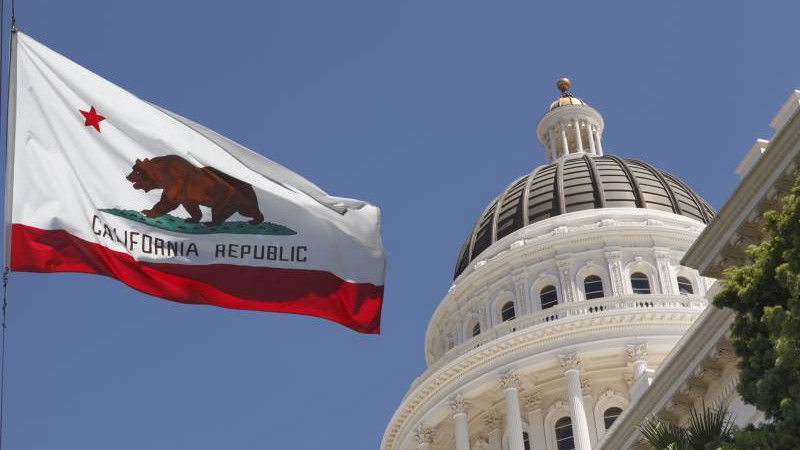Costa Rica plans to impose a 15% tax to casinos

This new project, however, has expectations to collect us$ 57,807 per year, us$ 96,346 less than the plan presented in October. That original text presented a 2% tax on gross incomes, and supposed an income of us$ 154,154 a year.
The new text (file 17.551) taxes with a 15% the casinos installed in the national territory, without including the transactions of the call centers for bets performed from abroad. For this kind of activities, the Ministry of Economy plans to set a tax of us$ 96 a year for each company.
These resources would be used in projects related to citizenship security of the government, according to the Ministry of Finance, Fernando Herrero. Nowadays, the legal frame restrings the casino activity to hotels, however, and in exchange of the tax, businessmen will be able to open operations in other sites.
This is because casinos are ruled by a decree from 2008 that forces casino operators to put table games and casinos according to the number of stars, the size and numbe of rooms of the hotels.
With this project, the government opens the possibility for this type of gaming centers to expand operations beyond the doors of a hotel, which is considered by representatives of the opposition as a way to boost the gambling activity in the country. For such regulation, the government proposes the creation of new state entities destinated to the games of chance regulation.
That is how the government plans the creation of a Superior Council for Betting, Casinos and Games of Chance, under the tutelage of the Minister or Deputy Minister of the Interior and Police. Besides, the law creates a Council for the Control of Betting, Casinos and Games of Chance. This council will have, under its structure, inspectors that will be in charge of supervising the compliance of the law and its regulation.
Before this council, the companies interested in games of chance operation must present the requirements for the tender process.
For the former minister of finance and representative from political party Liberación Nacional, Guillermo Zúñiga, this plan generates less resources and changes the course of the plan. Besides, representative Danilo Cubero expressed its concern on the project because the text has not “reached a consensus” with the government.

















